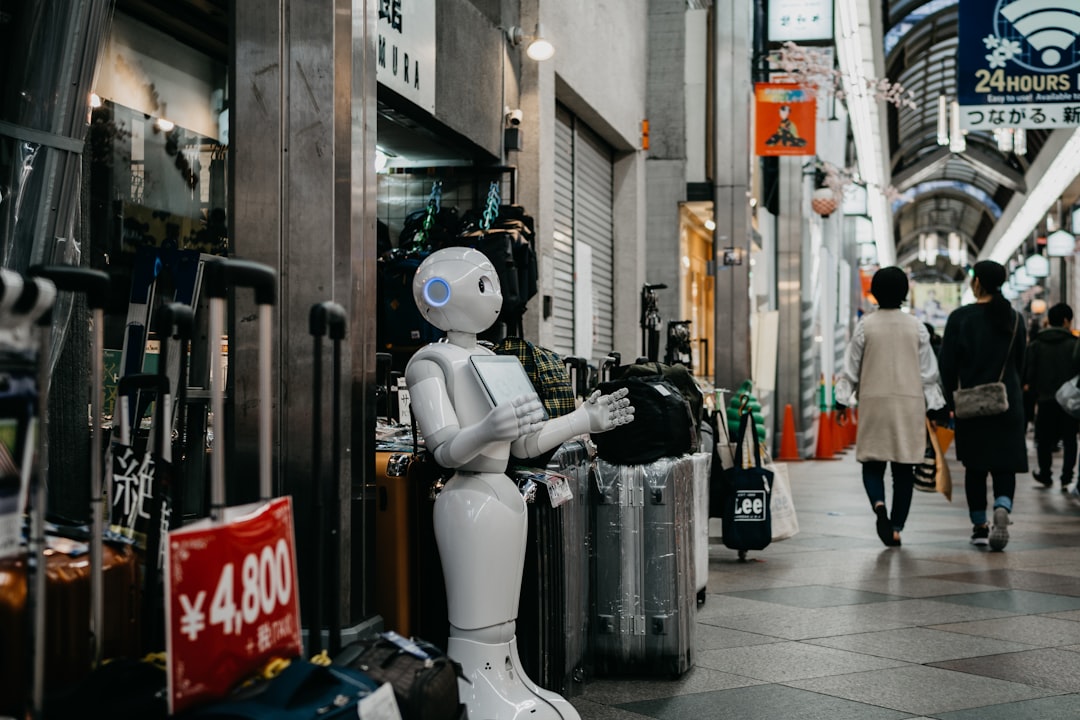
Two years after ChatGPT’s launch, generative AI’s return on investment remains uncertain across many sectors. But in software development, AI-powered code generation is making significant strides, attracting massive investments and reshaping how engineers work.
Startups like Cursor, which can suggest and autonomously complete code, recently raised $900 million at a $10 billion valuation. Similarly, Windsurf, the creator of the AI coding tool Codeium, is reportedly in talks with OpenAI for a $3 billion acquisition. Codeium stands out by translating everyday English commands into software code, opening programming to non-experts.
According to Scott Wu, CEO of Cognition, “AI has automated repetitive, tedious work. Software engineers now focus less on memorizing syntax and more on solving complex problems.”
This surge in AI-driven coding startups comes amid fierce competition from tech giants. Microsoft’s GitHub Copilot, launched in 2021, earned over $500 million last year and remains the dominant AI coding assistant. Meanwhile, OpenAI, Google, Microsoft, and Anthropic are all unveiling new code generation products, increasing pressure on startups to innovate rapidly.
Investors and founders see a narrow window to capture market share and establish their AI coding solutions as industry standards. However, many rely on foundational AI models developed by larger players, which raises costs and delays profitability.
Data from recent earnings reports and industry analyses confirm the software development sector’s growing embrace of AI innovation, reflecting a broader trend of digital transformation accelerating globally.
At CWEB, we are always looking to expand our network of strategic investors and partners. If you're interested in exploring investment opportunities or discussing potential partnerships and serious inquiries. Contact: jacque@cweb.com

